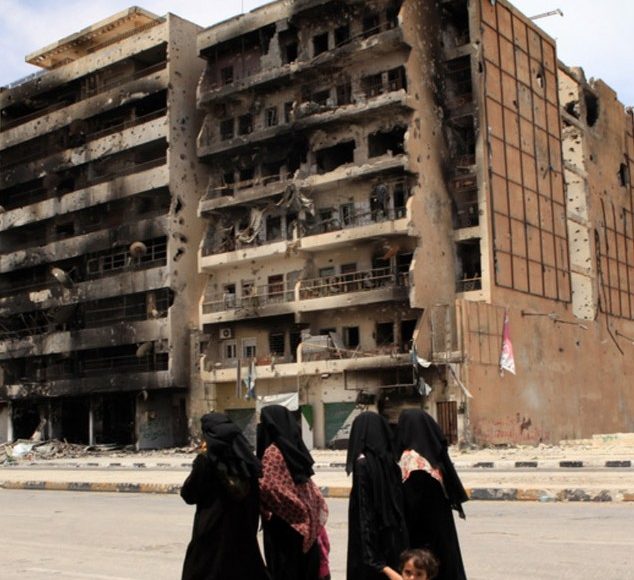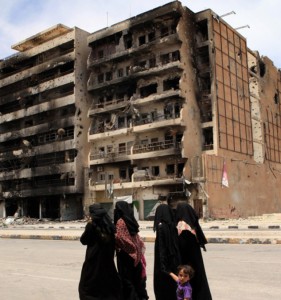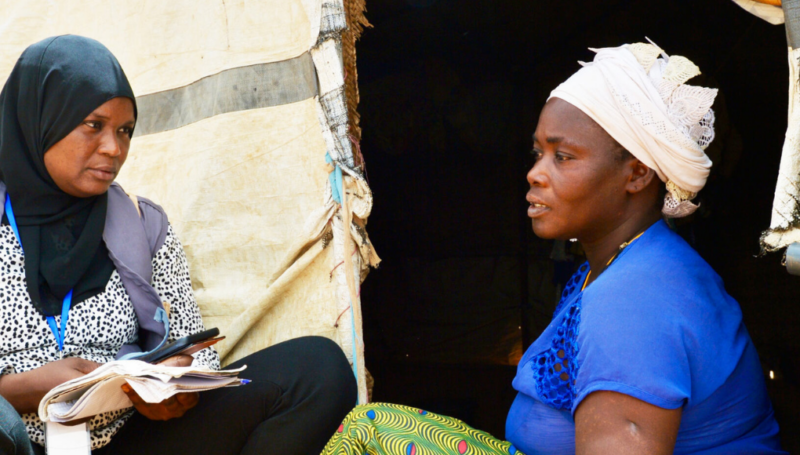Years of political instability and a progressive deterioration of the security situation in Libya has caused severe damage to critical infrastructure including shelter, schools and healthcare facilities as well as resulted in significant displacement within the country. This has left many individuals in need of assistance, the delivery of which has been disrupted by access constraints and limited humanitarian funding. Additionally, persistent information gaps hinder attempts to adequately assess humanitarian needs among the affected population.
In order to address these gaps, REACH and its partner JMW Consulting conducted a multi-sector needs assessment (MSNA) on behalf of a group of eight participating UN agencies. Overall, this assessment sought to provide an overview of humanitarian needs for conflict-affected populations across the country. Data was collected from 20 targeted locations across the country through a purposive sample of both displaced and non-displaced populations, during the months of May and June 2015.
As is discernable from the multi-sectoral scope of this assessment, findings cover a range of thematic areas. At the very outset, findings reveal prevailing protection concerns across all population groups, particularly for women and children. For example, 50% of the key informants (KIs) interviewed reported that children or adolescents under the age of 18 in their community had been recruited by armed groups, more so in the South than in other regions. The conflict has also appeared to have impacted food security and livelihoods, with access to food being affected both as an outcome of reduced purchasing power as well as overall availability. The reduction in purchasing power is, in turn, linked to rising livelihood challenges in the face of fluctuating income sources. For example, 64% households reported that their salary payments had either been delayed or not come through at all.
Damage to housing was also widely reported and almost 40% of assessed households cited perceived risks of eviction. On the other hand, findings show that despite infrastructural damage, majority of the education facilities were still functioning with relatively high levels of enrolment and attendance. In terms of healthcare services, the assessment found a deteriorating situation across crisis-affected areas. Most commonly reported challenges vis-à-vis functionality include shortage of medical staff and medical supplies and a lack of access to medicines. Problems with water quantity and quality was also reported with the main water network and water quality monitoring either not functioning at all or being subject to frequent disruptions. Despite such infrastructural challenges, only limited repairs are being done to critical infrastructure. Findings also highlighted the fact that migrants and refugees/asylum seekers were found to represent two particularly vulnerable groups who had reportedly lesser access to protection and basic services than IDPs, returnees or the host community.
By not only highlighting pressing needs but also identifying those most vulnerable, this multi-sector needs assessment is one of the key sources of information for the humanitarian community in Libya, and has since informed the Libya Humanitarian Needs Overview, the Libya Response Plan and more broadly the ongoing humanitarian response in Libya. REACH will continue its interventions in Libya through regular updates of this MSNA, in order to ensure constant provision of information on needs and context to humanitarian stakeholders.
Read the complete Libya Multi-Sector Needs Assessment report here.
Also available: Summary factsheets of key findings from the assessment.
Image: Damaged buildings in Misrata, Libya © UNHCR/ Helen Caux










